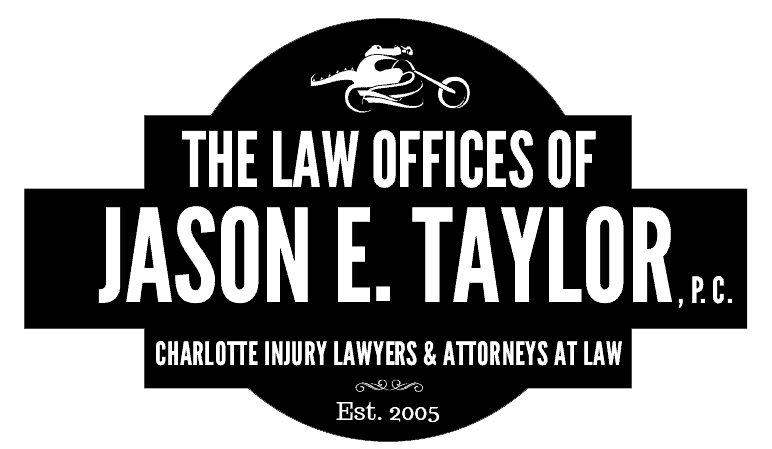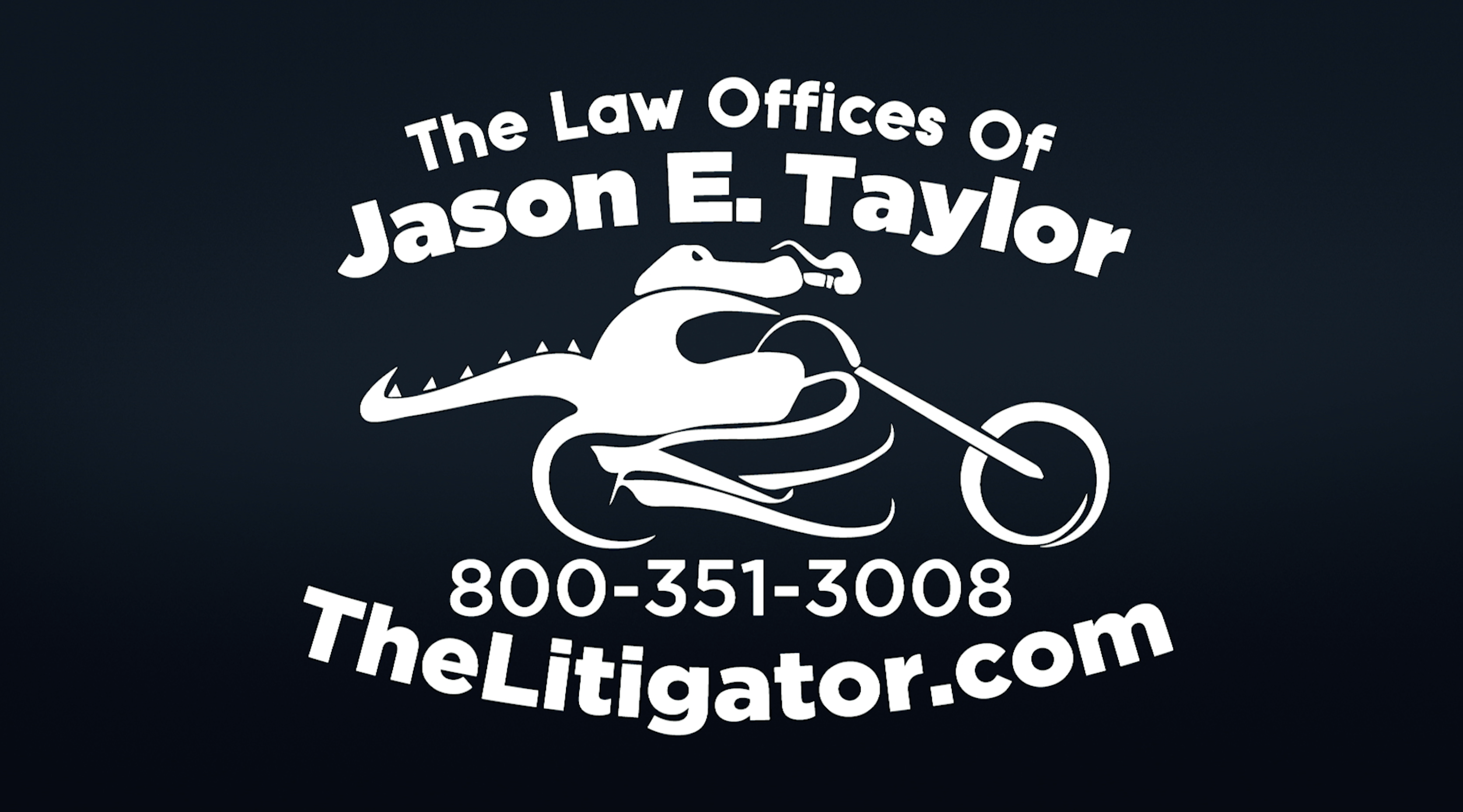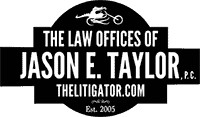Charlotte has changed immensely in the past several years. As one of the fastest growing metropolitan areas in the in the United States, Charlotte has grown by over 1 million new residents in the past 20 years. Historically, Charlotte was more spread out and there was minimal pedestrian traffic, but that has changed. With the numerous high rise apartment buildings, many areas of Charlotte have become much more densely populated and with all the amazing food and entertainment that is close by, walking from place to place has become much more the norm, rather than the exception. Charlotte has even added some areas as “social districts” where one can walk on the streets with open alcohol containers. With this drastic change in the Charlotte area, pedestrian v. motor vehicle collisions have increased, so how do they work?

Dispelling Myths: Do Pedestrians Always Have the Right of Way?
There are a great many old wives’ tales about pedestrians, for example, “Pedestrians always have the right of way” and “If you aren’t in a crosswalk, its your fault”, however the reality of it is that every case is examined under regular negligence. Under NC contributory negligence law, if you are a pedestrian and a jury finds that you contributed even 1% to the collision, then you are barred from collecting anything. So, even if you are hit by a car while in a crosswalk, you still need to be 100% fault free to have a successful claim against the vehicle that hit you. It is not a “get out of jail free” card just by being in a crosswalk, you still must exercise due caution and make sure it is safe to cross the road before doing so. It will generally be presumed that you are behaving reasonably if you are crossing in a crosswalk with the light indicating it is safe for you to proceed, but it is not an automatic win and your actions can and will still be examined to see if you contributed.
Crossing Outside of Crosswalks: What Happens Then?
What happens if I cross the road not in a crosswalk? While it may not be the safest thing to do, many times it does make sense. The next crosswalk could be a mile away which means the restaurant that is 2 lanes away directly across from you, to cross in a crosswalk you will have to walk a mile down, cross, then a mile back up. Not many people are willing to do that. Or, you can certainly do as your mother told you and look both ways and if no cars are coming, you can cross safely. The bottom line, in Charlotte NC both the driver and pedestrian’s actions are going to be looked at to see who was negligent and if the other party contributed.
How Pedestrians Can Be Found at Fault in Charlotte, NC
The law in NC surrounding pedestrian v. motor vehicle collisions has shifted greatly in the past several years with several Court of Appeals cases changing how they are analyzed. This makes it all the more important to have a team of experienced attorneys like the Law Offices of Jason E. Taylor on your side. So how can a pedestrian be found to have contributed to a collision with a car? This is most commonly found when crossing not in a crosswalk. There is no “jaywalking” statute necessarily in NC, however NCGS § 20-174 does require that whenever crossing not in a crosswalk for the pedestrian to yield the right of way to vehicles in the roadway. Many factors can come into this such as your clothing. Is it dark or readily visible? Where are you crossing the road? Is it at a turn or hill, or is the visibility good for you and for motorists? Is there anything else that might obstruct your ability to see a car or a car to see you? How is the lighting in the area? Are you distracted while walking, using your phone, eating, drinking, etc.? All of these factors plus many others come into play when evaluating potential liability issues for a pedestrian.
Driver Responsibilities in Charlotte Pedestrian Collisions
Shifting gears to the motorist, how can they be found liable? Simply put, the same factors for the pedestrian apply to the motorist, although in slightly different ways. Are they paying attention for potential pedestrians? Are they distracted in the vehicle by their phone, GPS, passengers, eating or drinking, etc.? Are they making themselves visible to pedestrians? If someone does start to cross in front of them, are they taking action to avoid hitting them? These are all important factors that will be considered.
Modern Hazards: Electric Vehicles and Over-Reliance on Technology
One unique thing that all pedestrians need to be mindful of in modern days are electric and hybrid cars and safety features on vehicles. A traditional vehicle produces engine and exhaust noise which can warn you they are coming to a corner where they might be blocked. Or, if you are walking and don’t hear anything, you might begin crossing before looking. Electric and hybrid cars make nearly no noise, especially at lower speeds when their tires will not produce much in terms of volume. It is extremely important to make sure you are looking very carefully. Also, most modern vehicles have safety features including automatic braking when a hazard is detected and even self-driving functionality which propounds that it can sense hazards such as pedestrians and stop in time or avoid them. These are not 100% full proof and neither motorist or pedestrian should rely on them blindly. The sensor may not pick up someone if it is blocked or a camera on the vehicle might not be able to detect you from something else. While these features can be life-saving, they are not perfect and should only be relied upon as an aid and not the default.
Stay Alert and Know Your Rights
Bottom line, no matter what you do out in the world, it is always safest to slow down, look both ways, and be careful, it usually keeps you out of trouble. However, if it doesn’t, make sure you call a professional to advise you like the Law Offices of Jason E. Taylor. Contact us for a free consultation.









